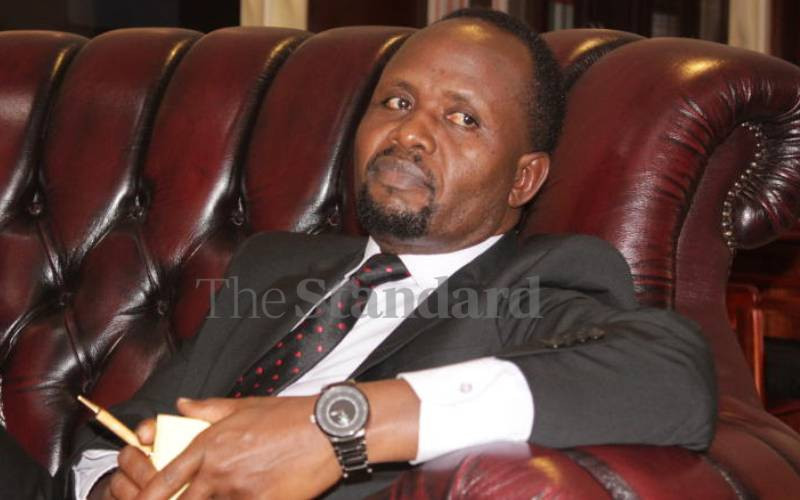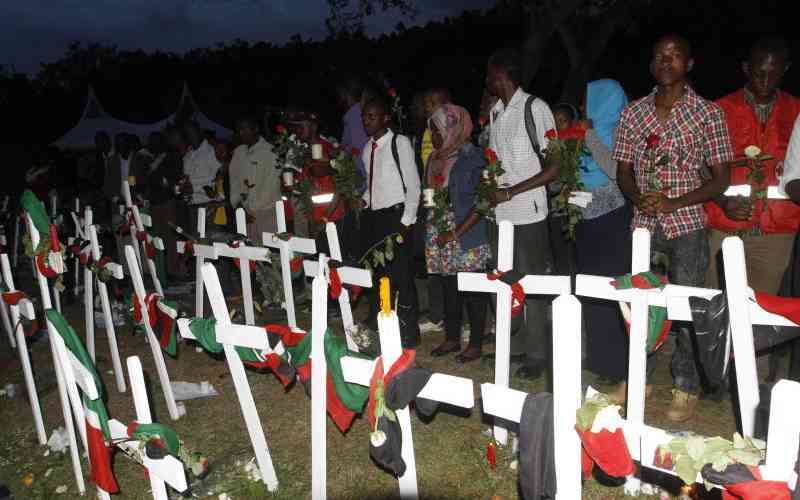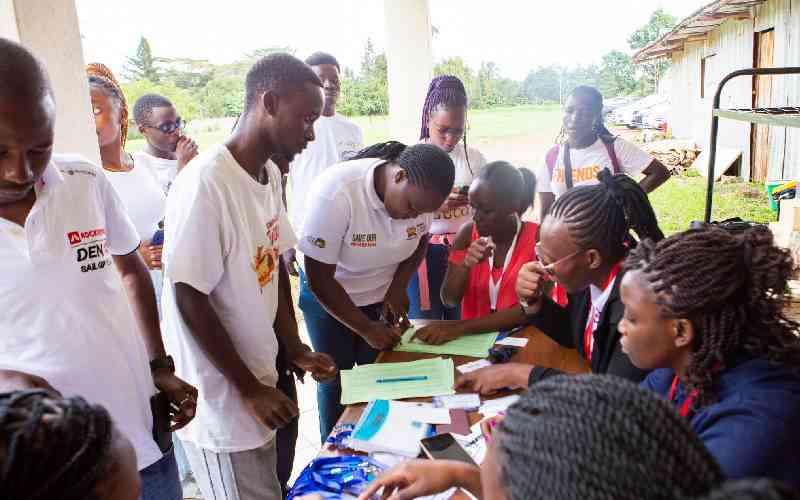Today Kenyans mark the first anniversary of the September 21, 2013 Westgate Mall terror attack; the day when terrorists began a four-day siege of the upmarket shopping mall, killing 67 people and injuring more than 200 others. It will be a sombre Sunday for Kenyans.
But even as the country joins hands in prayer for the families of victims of the attack, we should equally celebrate the gallant heroism of the Kenyans who came out to rescue the injured during the attack. Their compassionate actions were unsolicited; they were courageous actions of men and women, many of them civilians, who put their own lives on the line to rescue the helpless women and children caught up in the attack. These heroic deeds have been immortalised by the powerful images beamed the world over. They are images that show the true character of Kenyans; images that depict the indomitable spirit of our people.
We should also take time to reflect on the difficult year behind us that we have bravely walked through as a nation. With a new administration trying to find its footing, the country has had to endure a series of terror attacks that left a significant majority of Kenyans worried about growing insecurity. At some point, it seemed like danger was coming from every corner. From the denotations of explosive devices in police stations in Nairobi, to attacks on the hallowed sanctuaries of churches at the Coast and northern Kenya, to the series of brutal attacks in Mpeketoni, Lamu County, Kenyans were at their wits end as security forces attempted to forestall these incursions.
Because we were under siege, we became impatient with what seemed reactive and knee-jerk responses from our security agencies in dealing with this complex and mutating threat. From the neighbourhood watch programme, the Nyumba Kumi initiative, designed to complement the community policing programme, to the controversial Operation Usalama Watch to identify and deport illegal foreigners within our midst, there was no lack of activity within the security arrangement to secure Kenyans. And because the initiative was executed at a time security personnel were under immense pressure to be seen to be doing their job, there were complaints that it led to the profiling of ethnic Somalis, increasingly viewed as the enemy within because they fit the description of our attackers.
We may have turned the corner after the Mpeketoni raids. With more than 100 people dead from a series of attacks, we began to ask more difficult questions to those in charge of security. We began to demand accountability from those we had entrusted our lives with.
But let us also give credit where it is due. We must salute those who have helped forestall further attacks. We owe a great deal to our men and women in uniform. And also to foreign intelligence agencies, particularly from the UK and the US, that have helped to equip our security agencies so that they can more effectively identify and deal with the terror threat. T
he US, particularly, has contributed in taking out some of the leaders whose networks have been involved in attacks in Kenya. The UK has been instrumental in equipping our security agencies with both hardware and software in dealing with the threat of terror.
Nevertheless more can be done to attain greater security for our motherland. Independent investigations of terror threats would be helpful in sealing loopholes that the attackers would take advantage of to cause death and destruction.
The strongest foundation in the war against terror is unity of individuals and communities across the country against any form of crime and lawlessness. United we shall overcome terrorists by exposing their collaborators and subjecting them to the full force of law.
 The Standard Group Plc is a
multi-media organization with investments in media platforms spanning newspaper
print operations, television, radio broadcasting, digital and online services. The
Standard Group is recognized as a leading multi-media house in Kenya with a key
influence in matters of national and international interest.
The Standard Group Plc is a
multi-media organization with investments in media platforms spanning newspaper
print operations, television, radio broadcasting, digital and online services. The
Standard Group is recognized as a leading multi-media house in Kenya with a key
influence in matters of national and international interest.
 The Standard Group Plc is a
multi-media organization with investments in media platforms spanning newspaper
print operations, television, radio broadcasting, digital and online services. The
Standard Group is recognized as a leading multi-media house in Kenya with a key
influence in matters of national and international interest.
The Standard Group Plc is a
multi-media organization with investments in media platforms spanning newspaper
print operations, television, radio broadcasting, digital and online services. The
Standard Group is recognized as a leading multi-media house in Kenya with a key
influence in matters of national and international interest.








